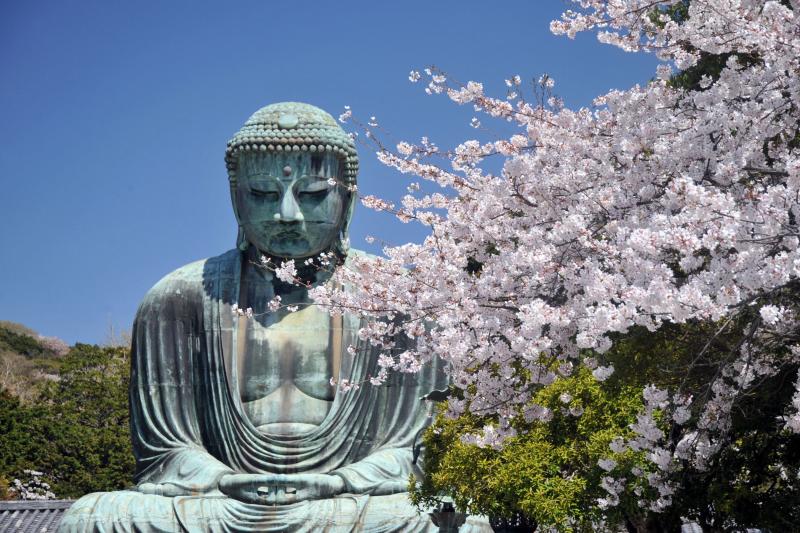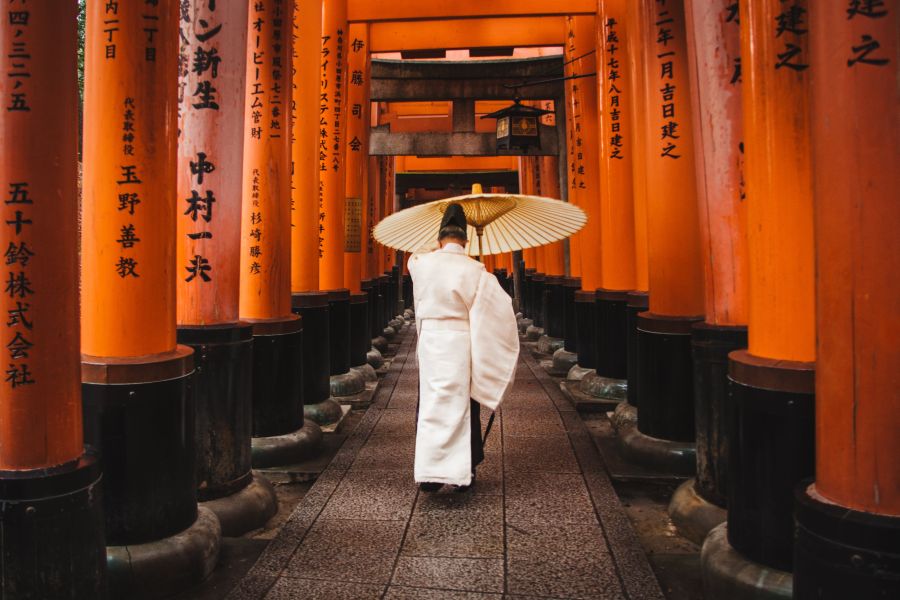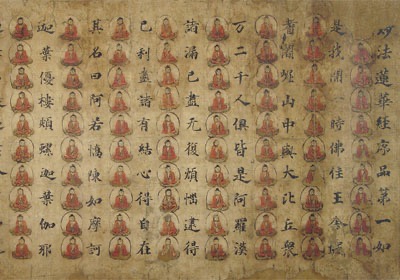
Introduces the history and development of the varieties of Japanese religious thought, practice and cultural expression. It focuses primarily on the major traditions of Japan: Shinto and Buddhism, with some attention to Confucianism, and Christianity in Japan. Read alongside secondary literature for context and interpretation, we examine a number of primary materials in translation, such as historical documents, Shinto mythical narratives, Buddhist philosophical treatises, ritual manuals, Nō dramas, folk tales, a novel and several films.
Lincoln Hall room 1064
- Teacher: Christopher Callahan

This course is an historical and topical
introduction to Japanese Culture, which begins by examining the sources of
Japanese culture and identity in the ancient past and then traces the
development of Japanese culture through history up to present day Japanese
society. Although it is common to regard “Japan” as a homogenous society and
“Japanese culture” as a monolithic and unchanging whole, our approach will
demonstrate the heterogeneous, dynamic and ever-changing complexity of Japanese
culture and society, mindful of the varying ways both Japanese and others have
defined and re-defined who “the Japanese” are and what their culture was and
is.
- Teacher: Christopher Callahan

Course Description: The relation between
Buddhism, Language and the Literary Arts of
Japan will be explored. After introducing the ideas, motifs, paradigms and
images of the Buddhist tradition and reading Buddhist scriptural texts from a
literary perspective, we will then analyze how Buddhism was re-expressed and
reshaped in Japanese literature with additional focus on Buddhist theories of
language and literature.
- Teacher: Christopher Callahan
